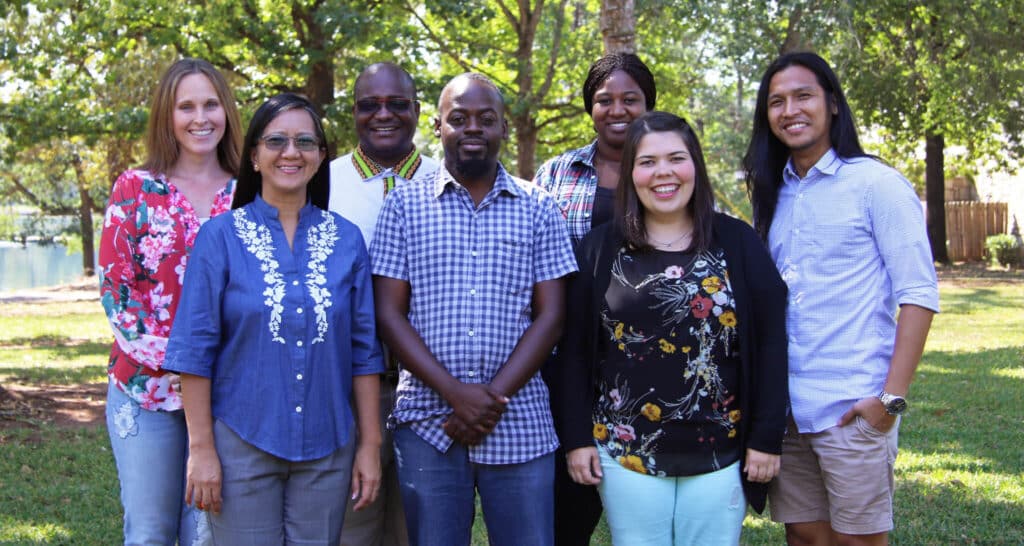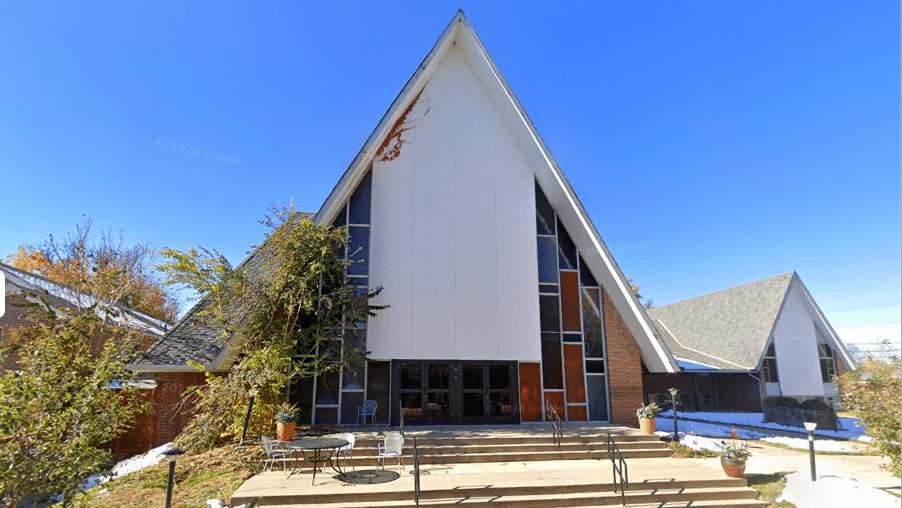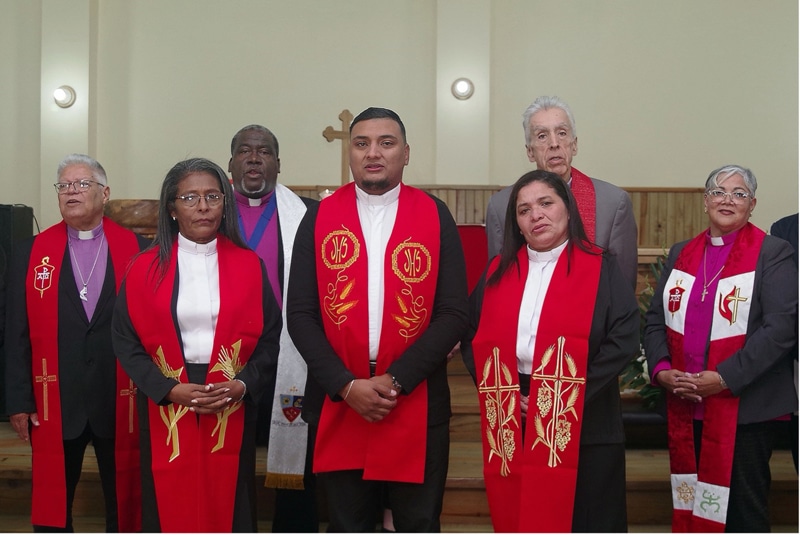Lesson 3: Celebrate concrete acts of service
By David W. Scott
April 2020 | ATLANTA
Last in a three-part series.
As we continue to live through and adjust to the disruptions caused by the coronavirus, people continue to experience disorientation. While new forms of routine are being established, amid the onslaught of news, we may struggle to keep our minds and our hearts open to others. This series of reflections seeks to examine what we can learn from missionaries about how to practice connection. Missionaries have long experience in putting love into action in unfamiliar settings.
In previous reflections, we examined how: 1. regular spiritual practices help us keep connected to God, even in unfamiliar settings, and 2. communication and mutual prayer can keep us connected to our social support networks, even when we are physically distant.
In this reflection, we’ll consider how focusing on concrete acts of service helps us to cultivate a sense of compassion that keeps us connected to the world around us.
Sometimes missionaries find that their experiences in mission don’t match what they had dreamed of doing. This may be especially true early in a missionary’s time of service when he or she is still acclimating to a new assignment and perhaps learning a new language as well. Katie Meeks, a missionary from the United States to Sierra Leone, described this time as follows: “I have learned to speak Krio. It’s not just the words, but the tone has to be right. In the process, you have to be OK with looking stupid and sounding like a toddler.”1
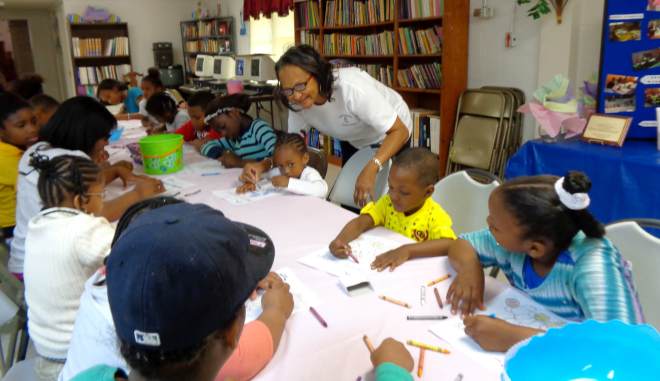
It can be hard to accomplish much while “looking stupid and sounding like a toddler.” The need to focus on language learning, logistical issues related to getting set up in new places and training may lead missionaries to feel like they are not achieving their aspirations of making a difference, at least at first. Some missionaries may even question whether they made the right decision in answering this call.
When missionaries find themselves in this situation, it can be tempting to turn inward – to focus on one’s own challenges of adaptation to a new, unfamiliar and sometimes difficult situation. In so doing, the temptation is also to lose an outward focus on compassion toward others.
Missionaries have found that they can avoid this temptation and preserve their sense of connection to and compassion for the world by shifting their mindset. Focusing on being faithful, rather than being successful, they can preserve a sense of purpose in their work.
Missionaries who have served the longest have learned how to enjoy the work for its own sake. Mary Clarke Nind, a supporter of women’s mission in the 19th century, once commented, “I have traveled 9,000 miles this year and have greatly enjoyed my work for Christ.”2 Traveling 9,000 miles a year before the invention of the automobile would not have been enjoyable for everyone, but Nind learned how to appreciate her work for its own sake.
Even missionaries who have served for many years may find the situations they seek to change intractable. Systemic poverty, the role of women in society, and protection of the rights of indigenous people, among other mission priorities, are big challenges, and one person can only make so much impact.
Therefore, wise missionaries know that to keep their hearts engaged in the work, they need to set realistic expectations for their service and focus on the individuals in front of them. The measure of success is not whether one has completely transformed society but rather whether one has faithfully loved others in such a way that their lives have been made better in the process. Reflecting on her work as a Church and Community Worker, Shirley Townsend Jones said, “Even though there are many social and economic challenges in this rural area, … we will continue to make a difference in the lives of individuals and families in this rural area of South Carolina.”3 Townsend Jones has not solved poverty, but she’s made an impact on others.
As people the world over struggle to figure out how they can best love others in the face of what can feel like an overwhelming wave of challenges associated with the coronavirus, a similar mindset can be useful. We are not, as individuals, able to eradicate the virus or increase the capacity of our health systems, and if we measure our actions by these lofty goals, we may become overwhelmed and turn inward.
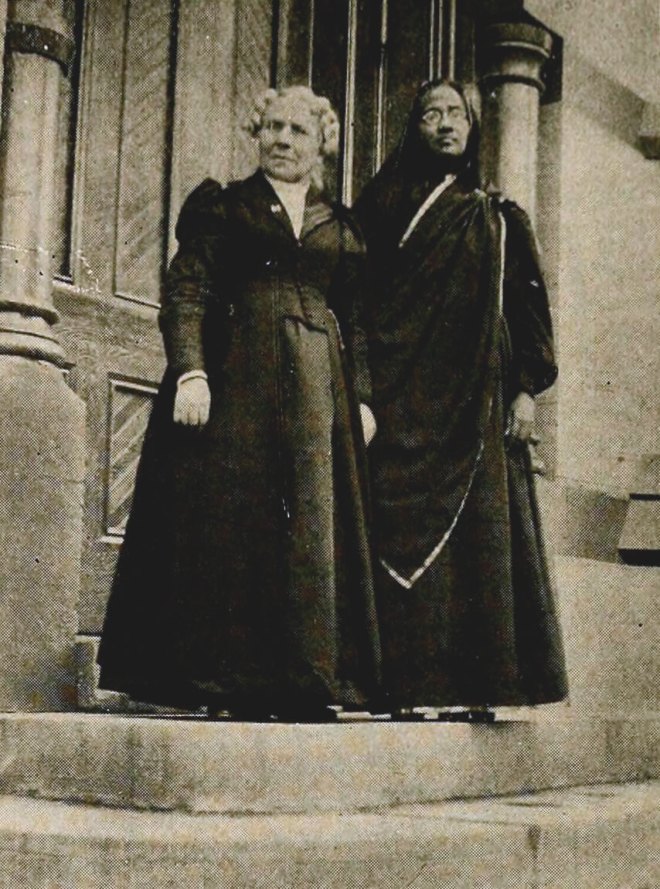
We can, however, figure out how to best practice love in tangible ways that will make a difference to others around us. Maybe you can help by picking up and dropping off groceries for an immunocompromised neighbor. Maybe you can call daily to check in on an older relative. Maybe you can donate to UMCOR’s response to the coronavirus (https://advance.umcmission.org/p-2025-umcor-covid-19-response-fund.aspx)
The United Methodist Church’s Discipleship Ministries has recommendations for ways to reach out amid coronavirus, presented by the popular Chuck Knows Church series: https://www.umcdiscipleship.org/articles/chuck-knows-church-things-we-can-do. Religion News Service has another list of articles on ways for people of faith to serve: https://religionnews.com/2020/03/24/how-to-survive-a-pandemic-spiritually-and-charitably/.
We are called to do what we can, recognizing that our contribution may be small, but if we act faithfully and out of love, then God can take our offering, combine it with others and do amazing things through our small acts.
Dr. David W. Scott is a consultant in mission theology with Global Ministries.
1 Eveline Chikwanah, “Missionaries share joys of serving in Africa,” United Methodist News Service, Feb. 8, 2019, https://www.umnews.org/en/news/missionaries-share-joys-of-serving-in-africa, accessed March 26, 2020.
2 Quoted in John Newton Nind, Mary Clarke Nind and Her Work: Her Childhood, Girlhood, Married Life, Religious Experience and Activities. (Chicago: The Woman’s Foreign Missionary Society, 1906), 37.
3 Shirley Townsend Jones, “Bennettsville-Cheraw Area Cooperative Ministry (BCACM),” Methodist Mission Bicentennial, https://methodistmission200.org/bennettsville-cheraw-area-cooperative-ministry-bcacm/, accessed March 26, 2020.
